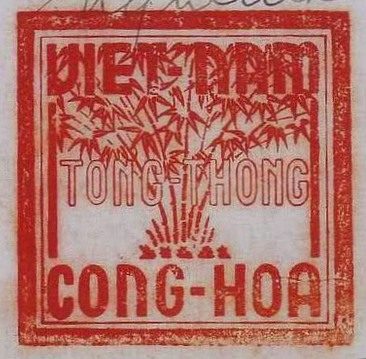In popular understandings of the modern history of Vietnam we are familiar with Ho Chi Minh’s anti-imperialism, but we know much less about the anticommunist nationalism of South Vietnam – officially the Republic of Vietnam (RVN). The RVN tends to be viewed as a creation of the French and later a “puppet” of the Americans. But as Nu-Anh Tran shows in her book, Disunion: Anticommunist Nationalism and the Making of the Republic of Vietnam (U Hawaii Press, 2022), the RVN was heir to a revolutionary tradition that developed out of the anti-French resistance, that was quite distinct from the communist one to the north. Although the many different political and religious factions in the south shared a fierce anticommunism, the RVN was plagued by disunity. And ironically, despite the democratic ideals that these groups claimed to advocate, the RVN was subject to authoritarian rule for most of its brief existence.
More from New Books in Southeast Asian Studies
New Books on Southeast Asia: Melissa Crouch on the Myanmar Constitution
On the unusual context for the drafting of the Constitution of Myanmar, and its impact on present-day politics.
NBSEAS discusses “Uneasy Military Encounters” with Ruth Streicher
Streicher spent time researching this troubled region talking to local civilians, activists, journalists, academics, as well as military conscripts and senior officers.
NBSEAS: In Search of New Social Democracy: Insights from the South—Implications for the North
In this episode of the Nordic Asia Podcast Kenneth Bo Nielsen is joined by Olle Törnquist to discuss the main results and arguments in what he calls his endbook.
 Facebook
Facebook  Twitter
Twitter  Soundcloud
Soundcloud  Youtube
Youtube  Rss
Rss 


